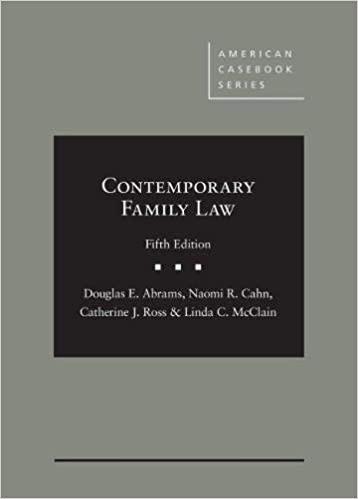Question
Appellee contends that its lease arrangement with David Tesone Trucking Company was actually a method of financing 130 *130equipment and not a conventional, commercial lease.
Appellee contends that its lease arrangement with David Tesone Trucking Company was actually a method of financing
130
*130equipment and not a conventional, commercial lease. The essence of appellee's argument is that the rule of strict liability does not extend to finance lessors engaged in the business of finance leasing. We agree with the appellee that the finance lease issui generisand that the policy considerations justifying an extension of the concept of strict liability to the true lease are not present when the lessor is not "marketing" or "supplying" the product but is, in fact,merely a secured party, or financier,whose collateral is the "product." The distinction between finance and conventional leasing has been described in the following manner:
11. Assuming a company wishes to distribute money to its shareholders, is it better to
distribute dividends or to repurchase shares?
12. Is the price of futures the best estimate of the /$ exchange rate?
13. How could we obtain an indisputable discount rate? How should we calculate the beta
and the risk premium?
14. My company paid an extremely high price for the acquisition of another company; the
price was recommended by the valuation of an investment bank. We now have
financial problems. Is there any way to make that bank legally responsible for this
situation?
15. Which currency has to be used in an international acquisition in order to calculate the
flows?
16. Calculated betas provide different information if they are obtained by using daily,
weekly or monthly data. Which data is the most appropriate?
17. Does is make any sense to calculate betas against local indexes when a company has a
great part of its operations outside this local market? I have two examples: BBVA and
Santander.
18. Is it possible to make money in the stock market when the quotations are going
down? What is credit sale?
19. Which capital structure should we consider when calculating the WACC for a subsidiary
valuation: the one that is reasonable according to the risk of the subsidiary's business,
the average of the company or the one the subsidiary "tolerates/permits"?
20. Are there any ways to analyze and value seasonal businesses?
Step by Step Solution
There are 3 Steps involved in it
Step: 1

Get Instant Access to Expert-Tailored Solutions
See step-by-step solutions with expert insights and AI powered tools for academic success
Step: 2

Step: 3

Ace Your Homework with AI
Get the answers you need in no time with our AI-driven, step-by-step assistance
Get Started


